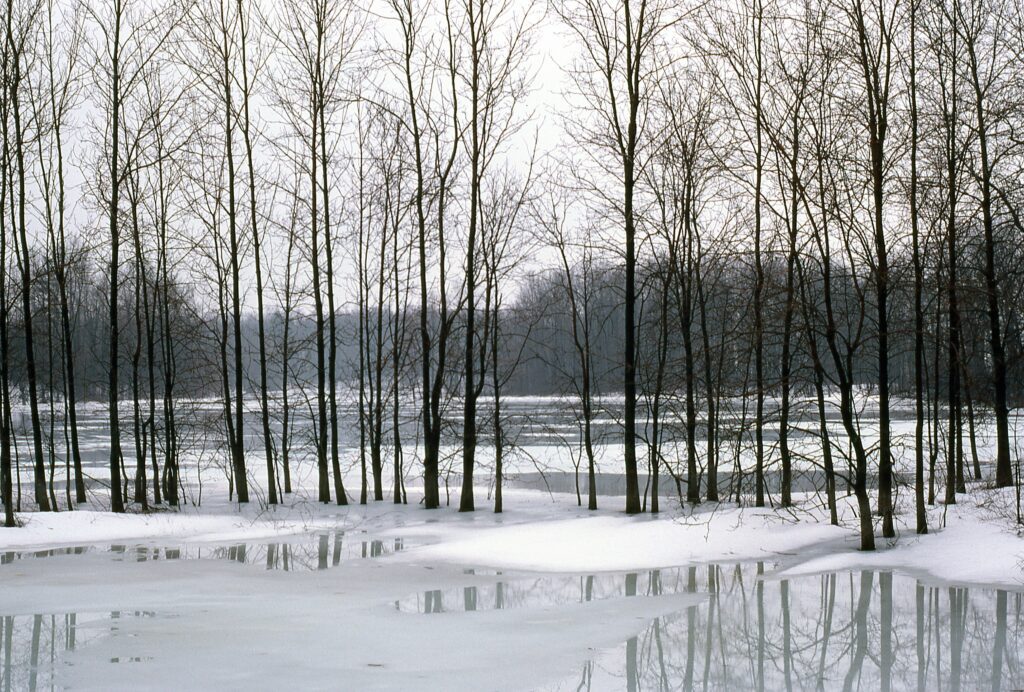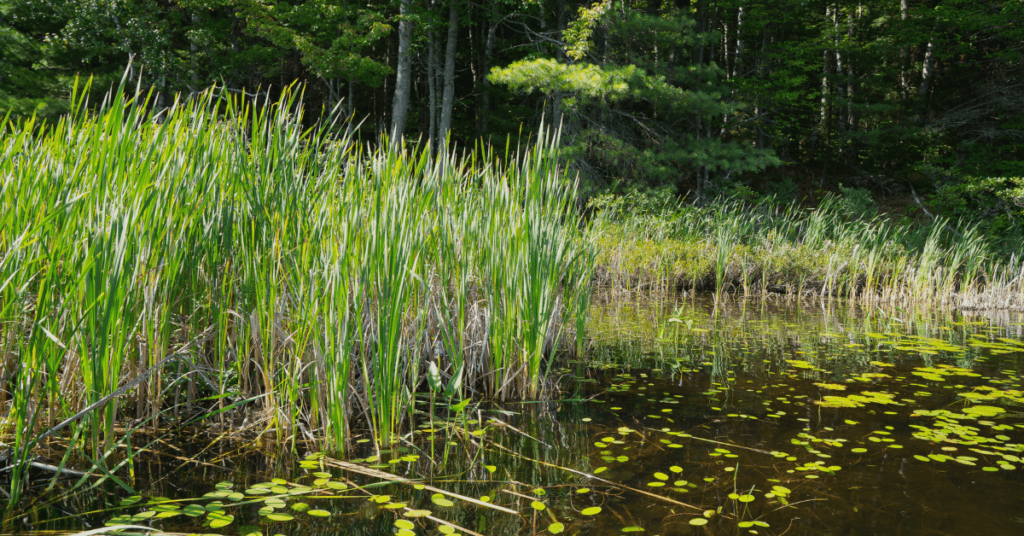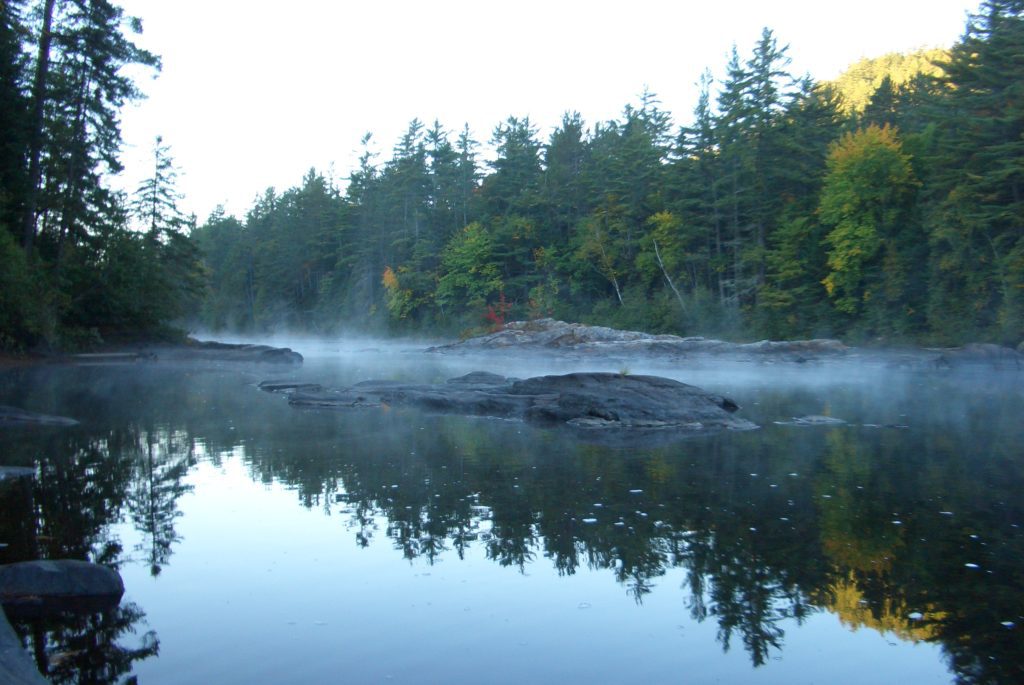We could be on the brink of an Asian carp invasion in the Great Lakes.
In July, two fertile grass carp were found near Toronto. More recently, three more grass carp were caught in Lake Ontario while a single grass carp was caught in Lake Erie. Invasive species like the grass carp could cause permanent damage to the Great Lakes’ ecosystems and fishing and tourism industries if they are able to establish in the lakes. They have no natural predators, a huge appetite, and the ability to reproduce quickly. Finding even one of these fish in the Great Lakes is sign that we need to do something now.
Ontario is currently considering its proposed Invasive Species Act – Bill 37, and with Asian carp knocking at the door of the Great Lakes, the timing for this Act couldn’t be more important. Action is needed to protect the people and communities that rely on the lakes for food, water, work and recreation from the impacts of invasive species like the carp.
Once a new species is established, the control of its spread becomes nearly impossible. For this reason, Environmental Defence strongly supports the swift passage of the Invasive Species Act. This proposed legislation would give the province additional powers to prevent species from invading in the first place and to react quickly at the first sign of new introductions.
We submitted a letter to the Ontario provincial committee considering Bill 37. We urged the Legislature to pass the bill and suggested how action could be taken to successfully protect Ontario’s vital ecosystems.
First, we strongly recommend that the classification of the level of threat of invasive species be informed by the best available science. That way, we can ensure the protection of ecosystems and biodiversity in addition to addressing the threats posed to commercially significant species.
Second, while the proposed regulations are mostly positive, we are concerned about the possible use of harmful substances or drugs as means for controlling invasive species. All other possible avenues of control should be exhausted before contemplating the use of chemicals which can have negative impacts on the health of our environment.
Lastly, for the new legislation to be effective at controlling the introduction and spread of invasive species, the government will need to contribute new funding and staff to ensure that the words in the Act are translated into action on the ground. Success will require expanding cooperation between provincial, federal, municipal government authorities.
The decline of an invasive species (for example: the reduction of Sea Lamprey populations in the Great Lakes) is proof that with committed effort even established invasive species can be controlled. But waiting to act until the aquatic invaders are here is going to cost more than taking preventative action now.
You can help stop the spread of invasive species! Learn how to spot them and visit www.eddmaps.org/ontario to register and report your sighting.
Sightings may also still be reported to the Invading Species Hotline at 1-800-563-7711 or by Email info@invadingspecies.com
To learn more about the threat of an Asian Carp invasion and what can be done take a look at Environmental Defence’s report, Tipping the Scales: How Canada and Ontario Canada Prevent an Asian Carp Invasion of the Great Lakes at environmentaldefence.ca/asiancarp








